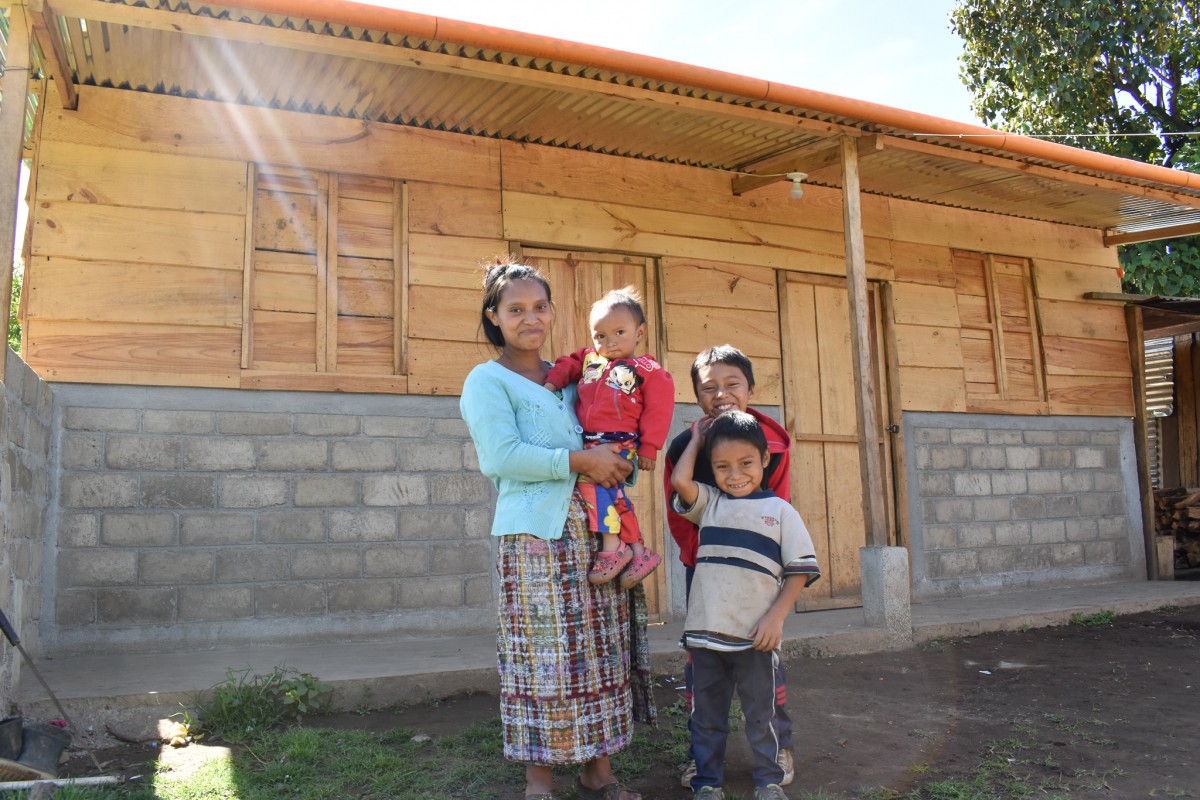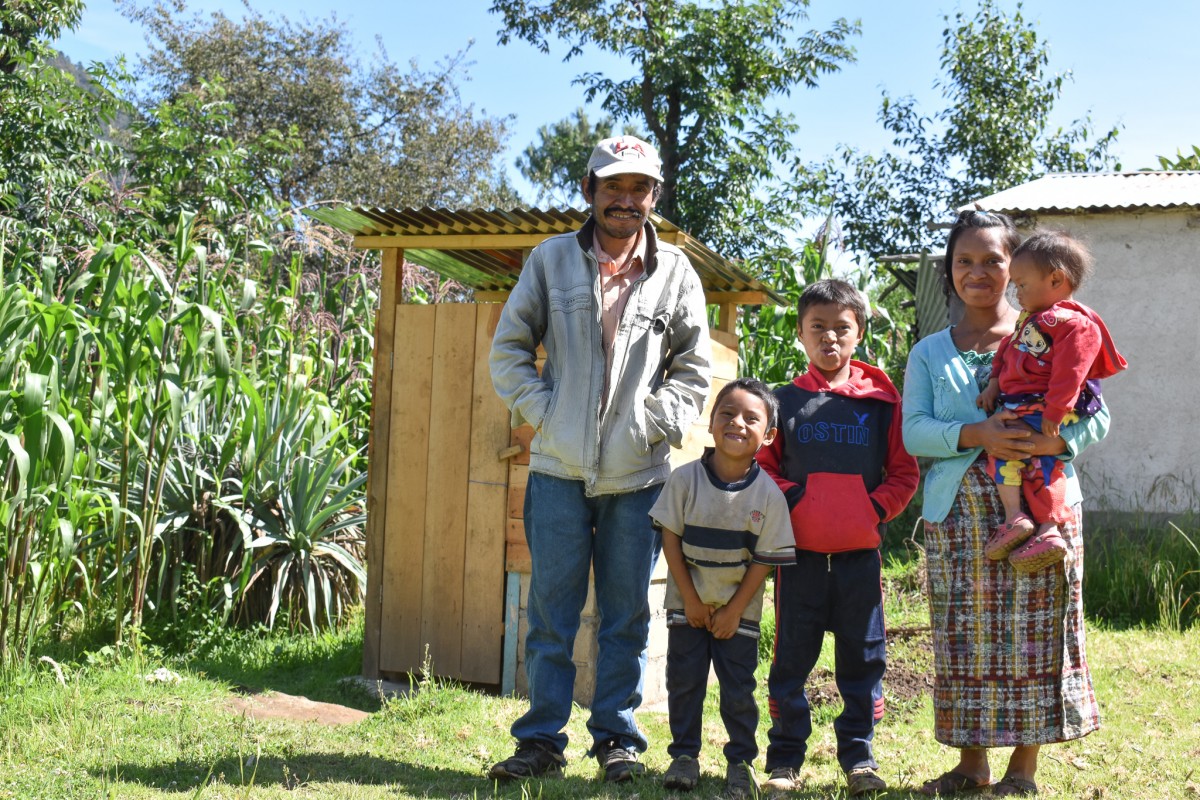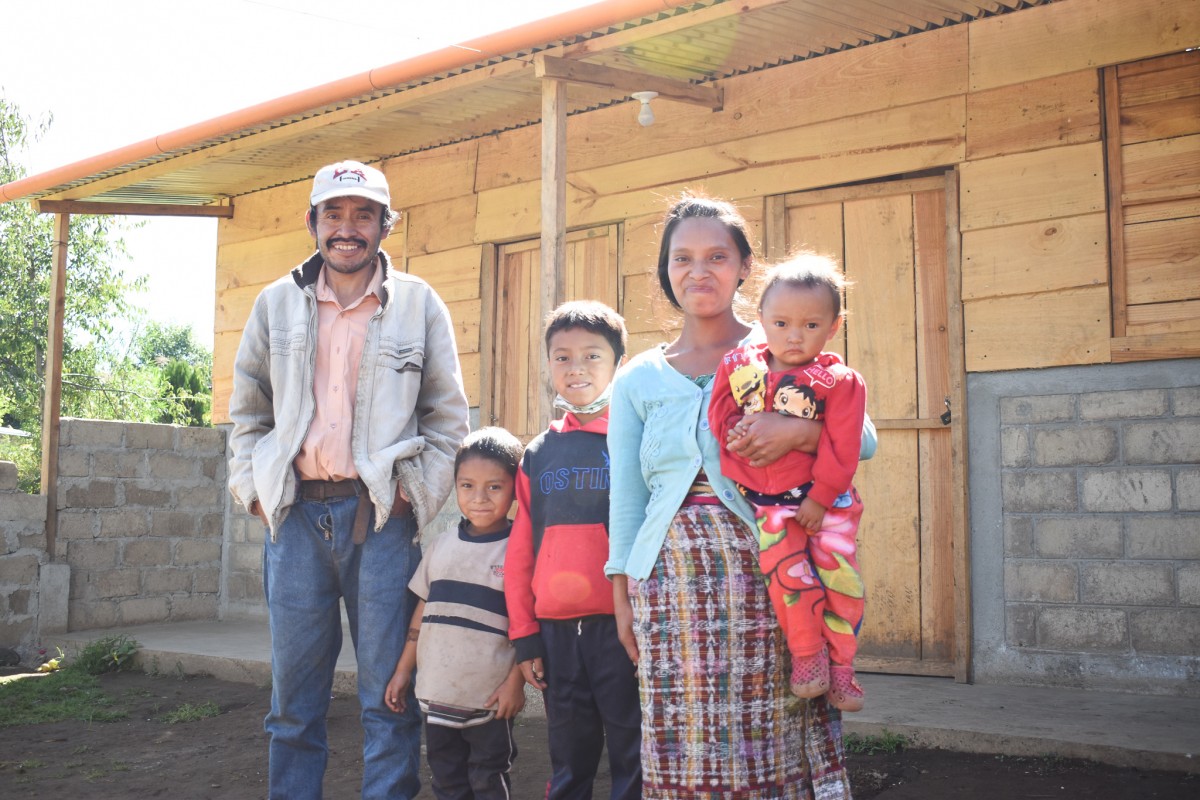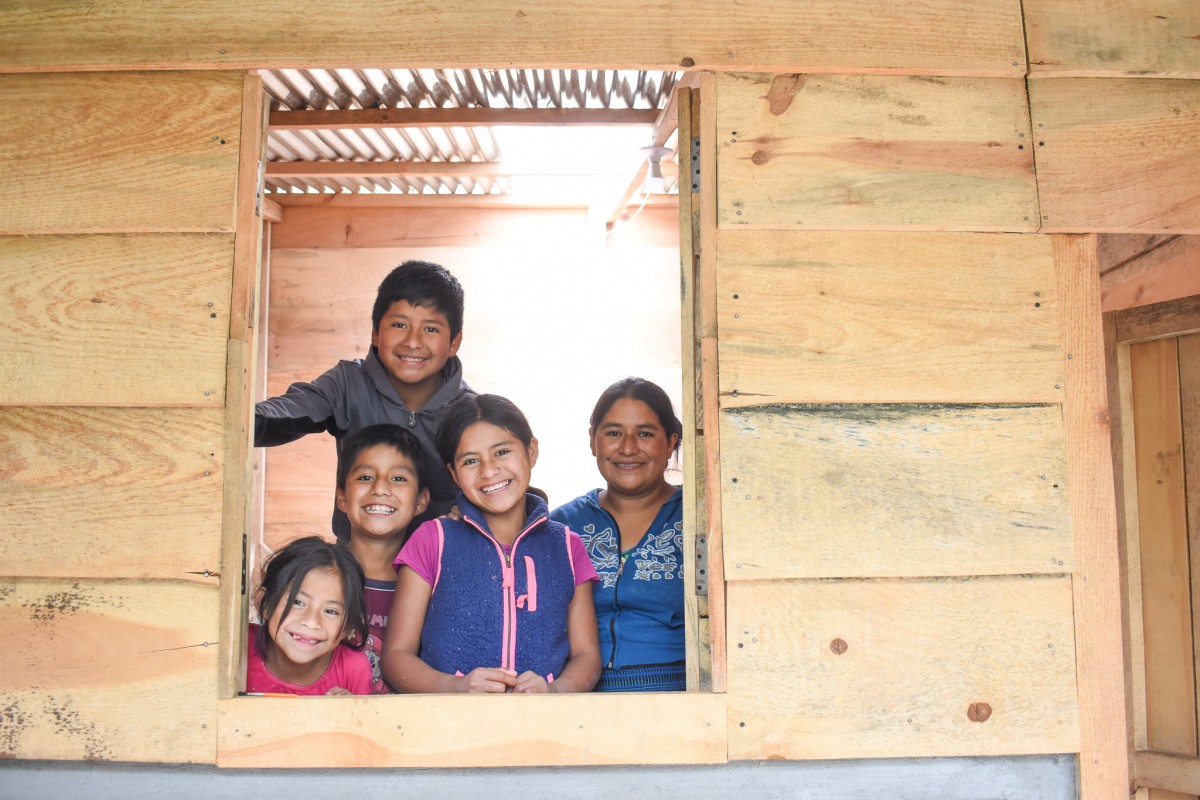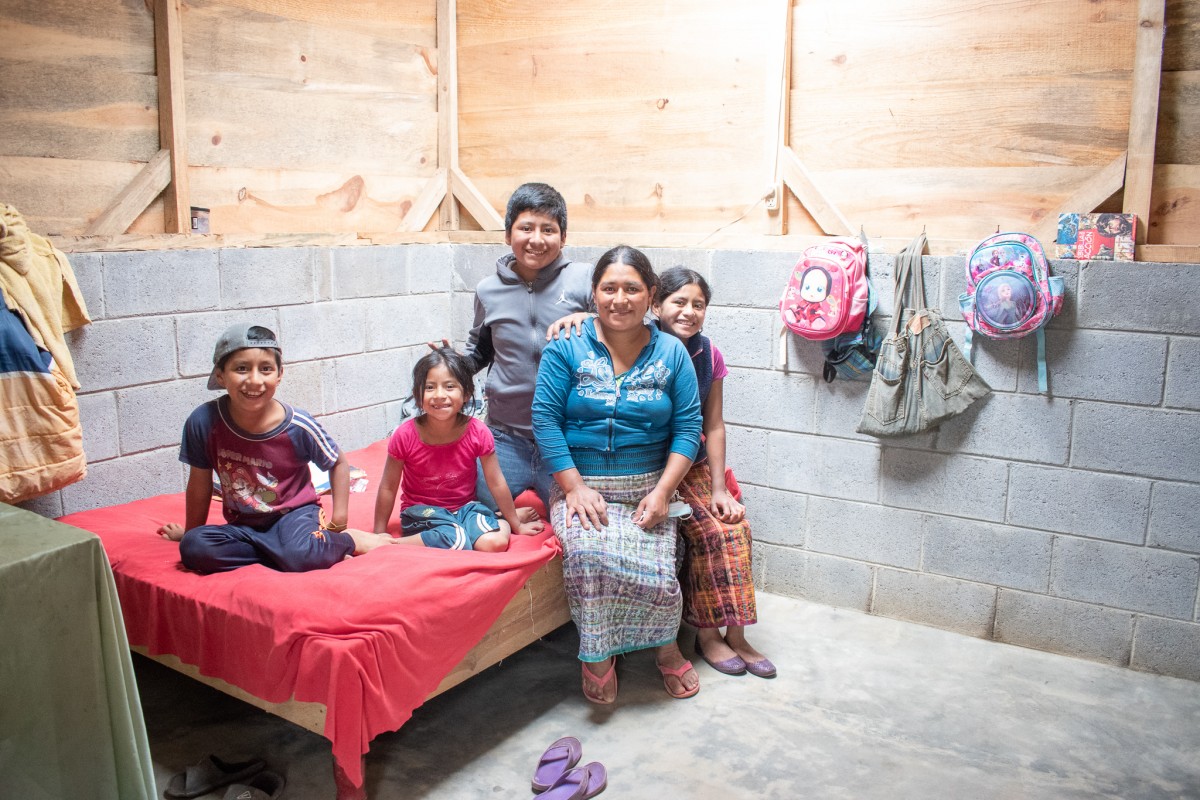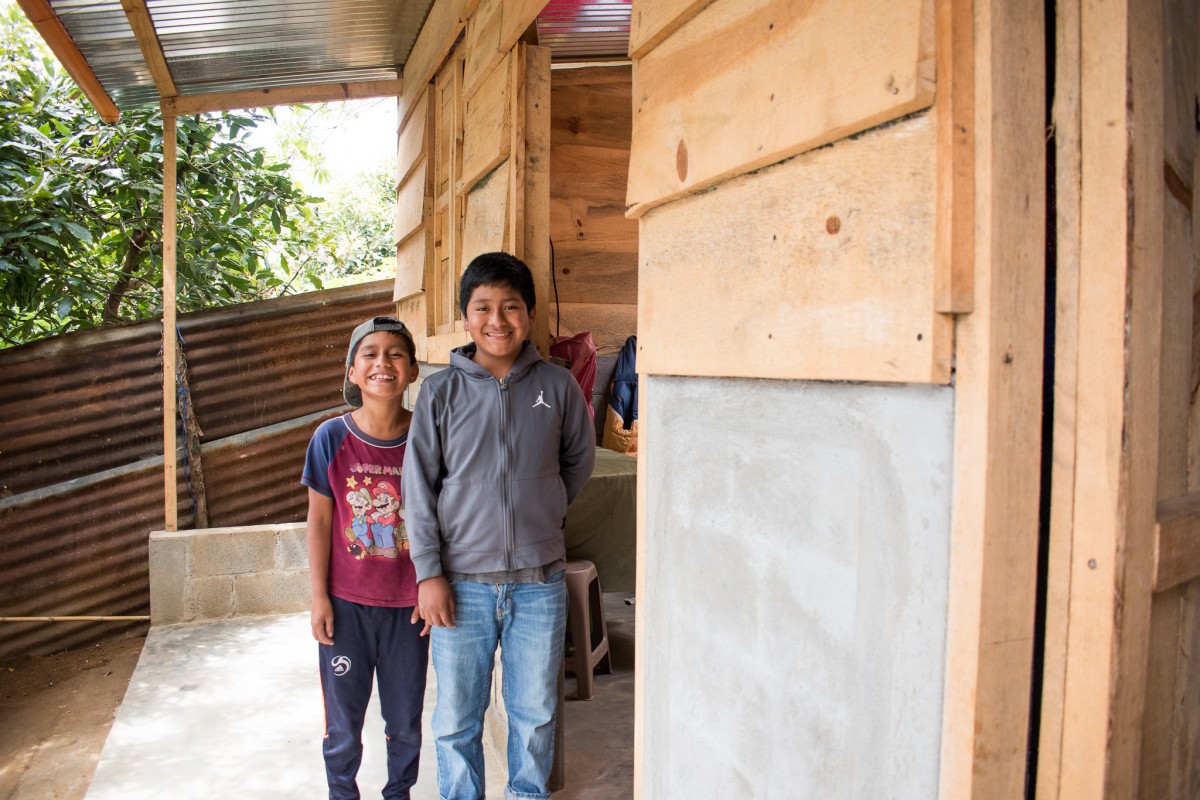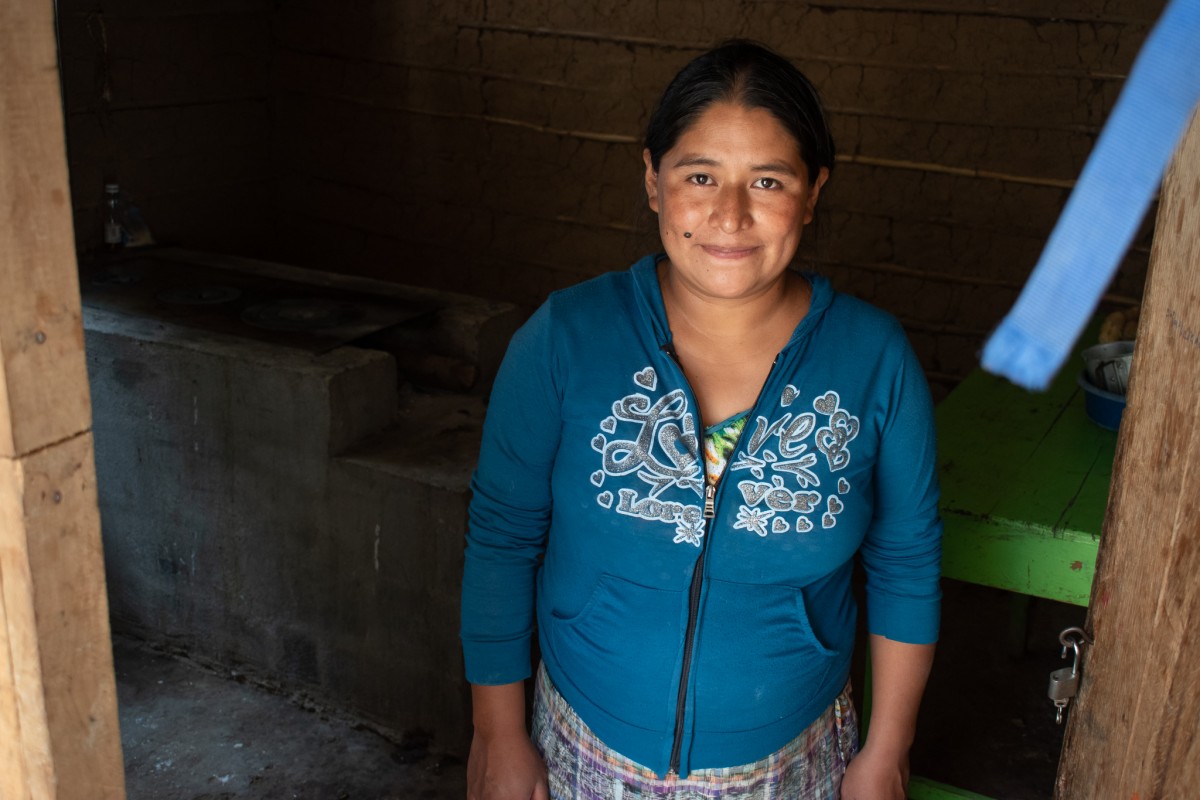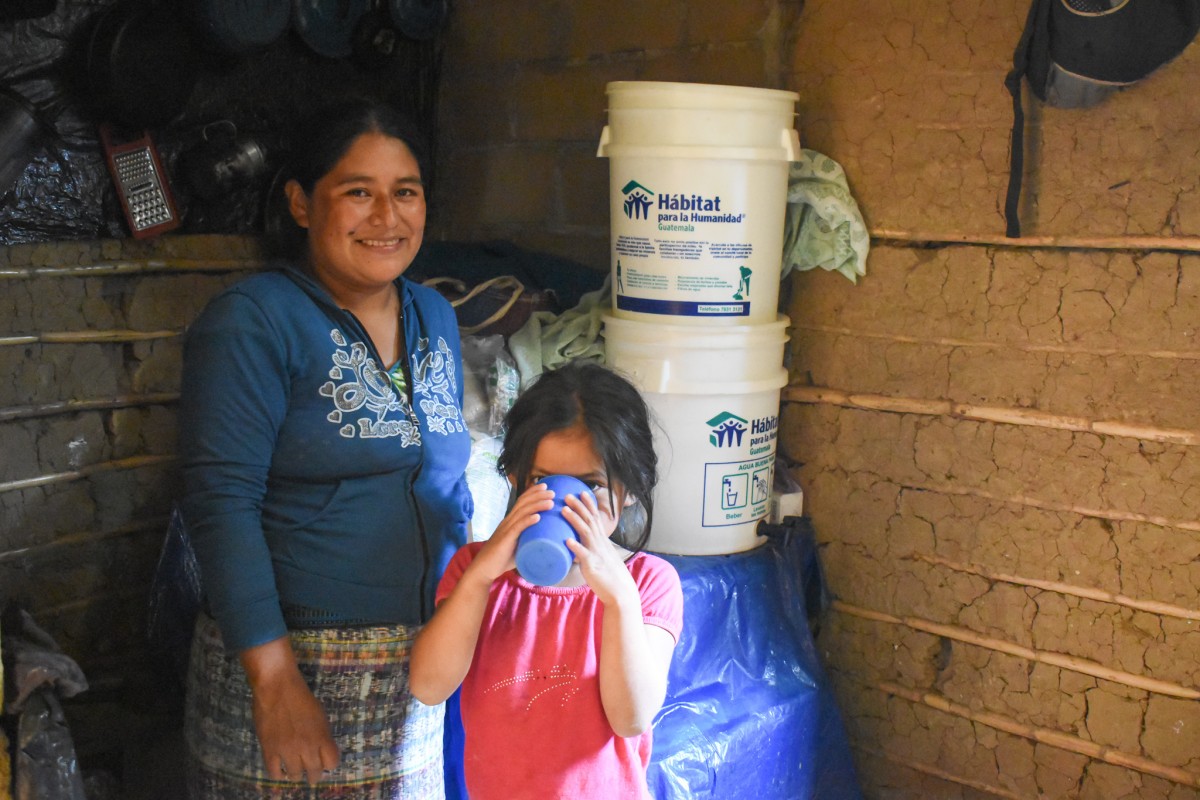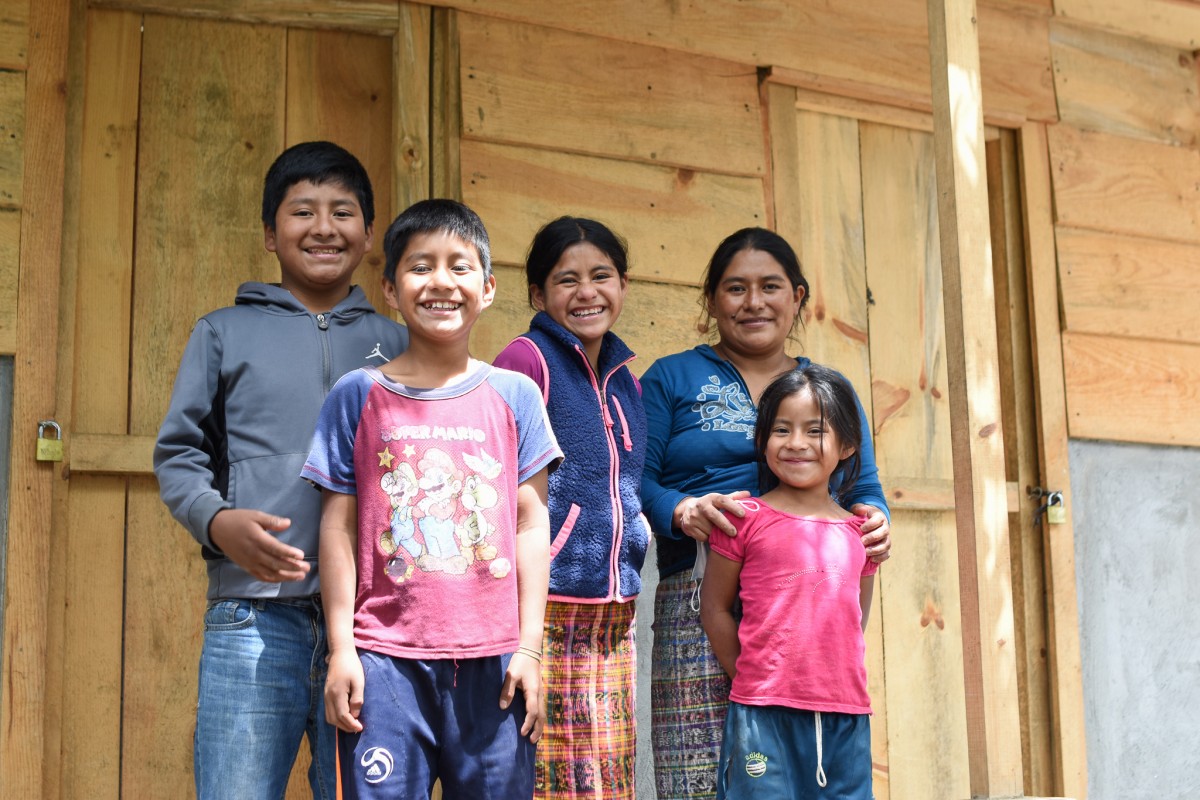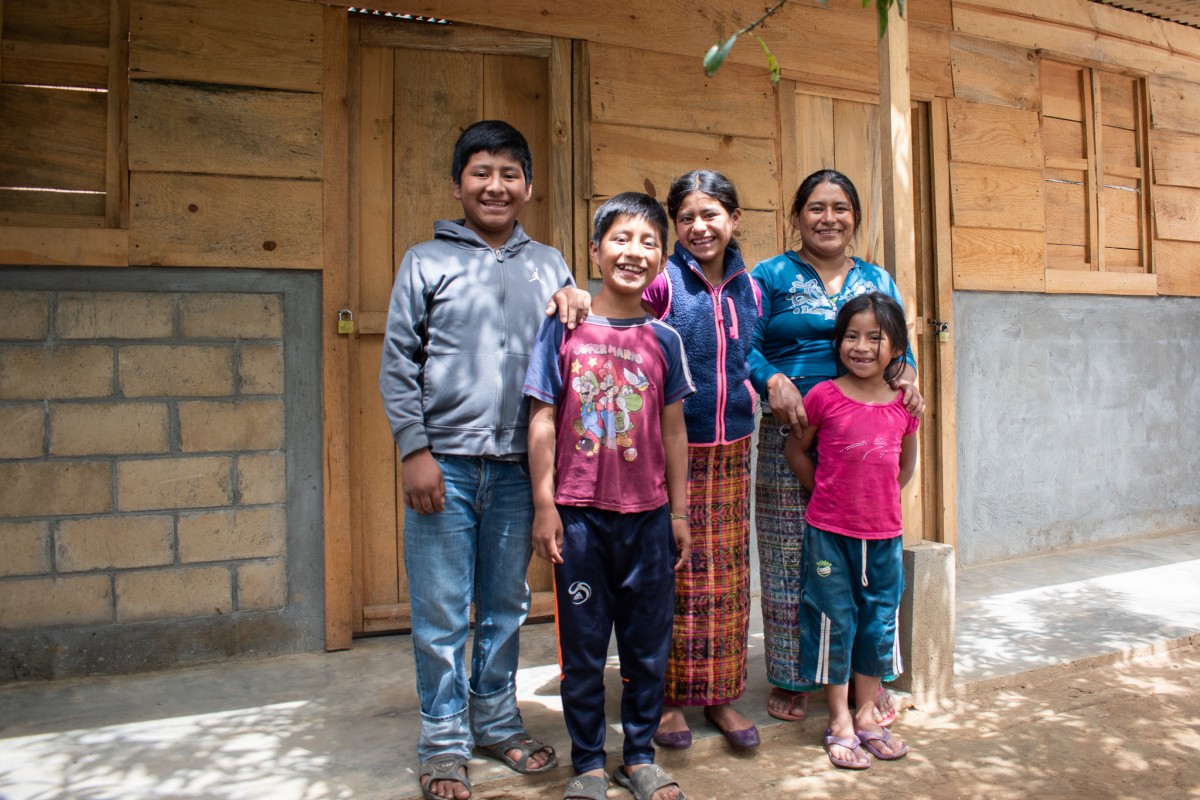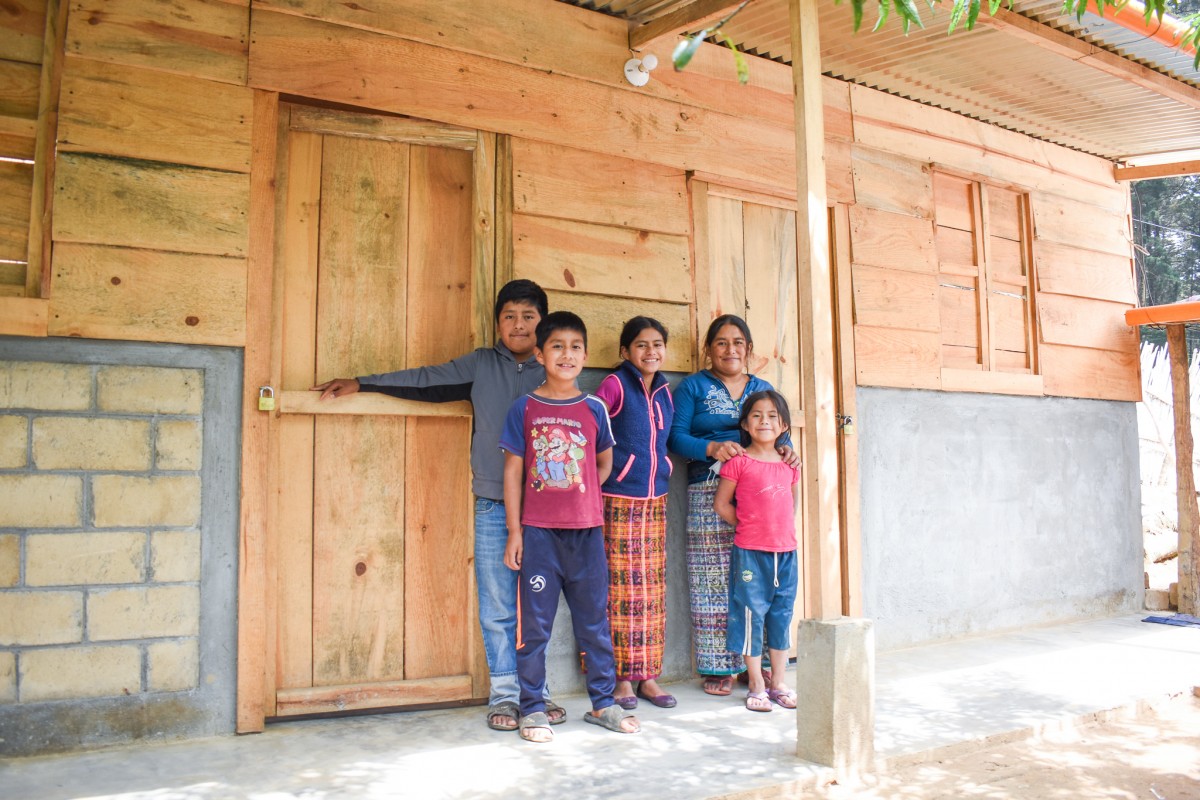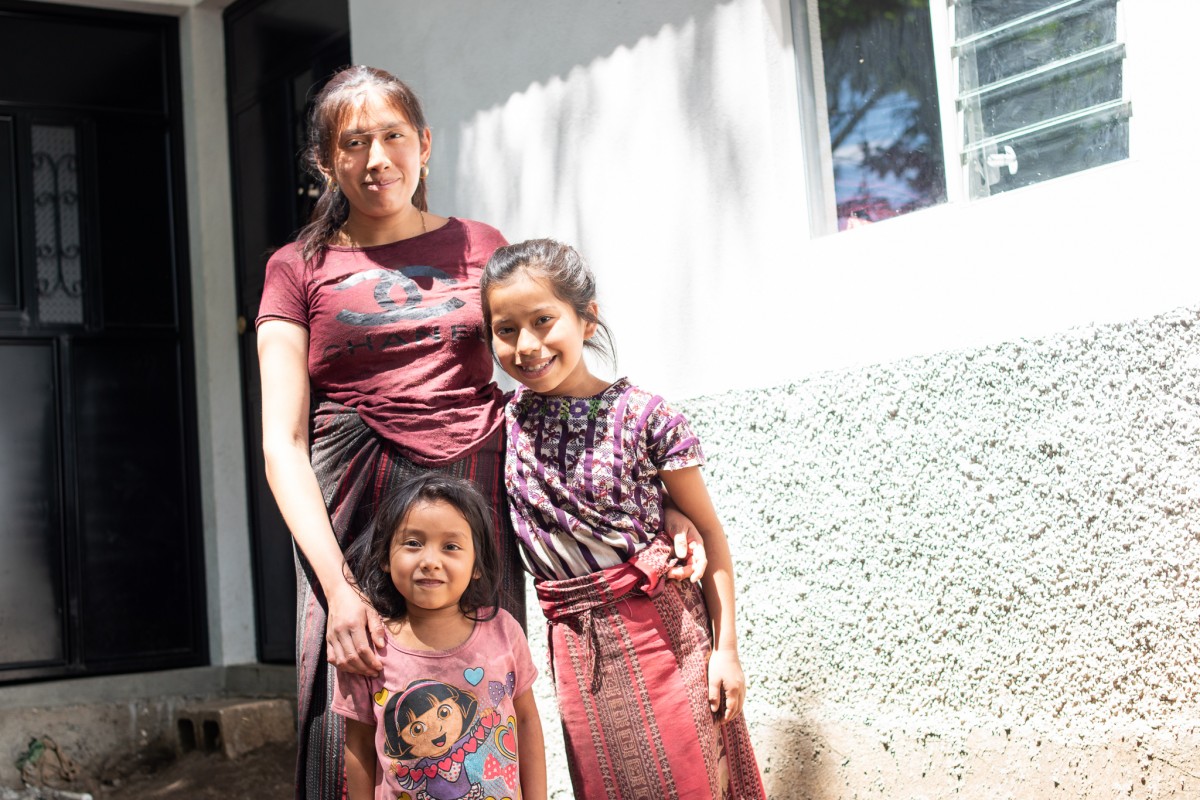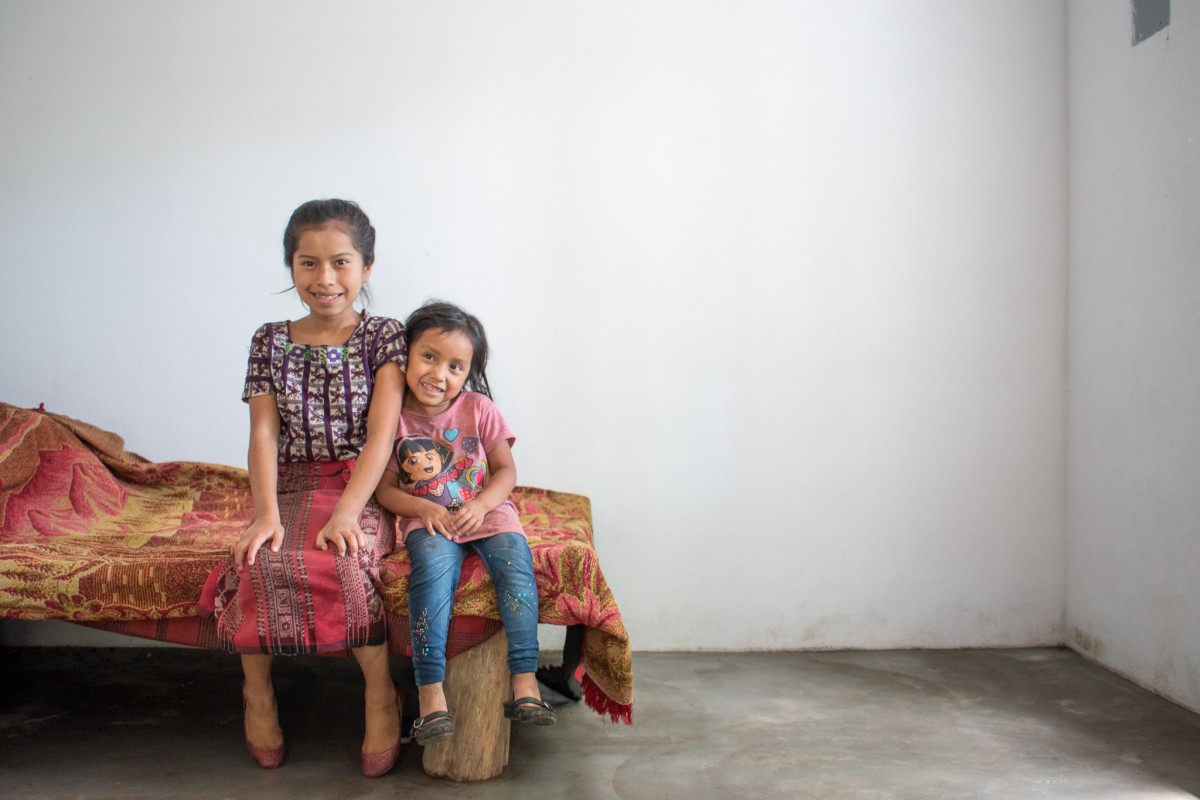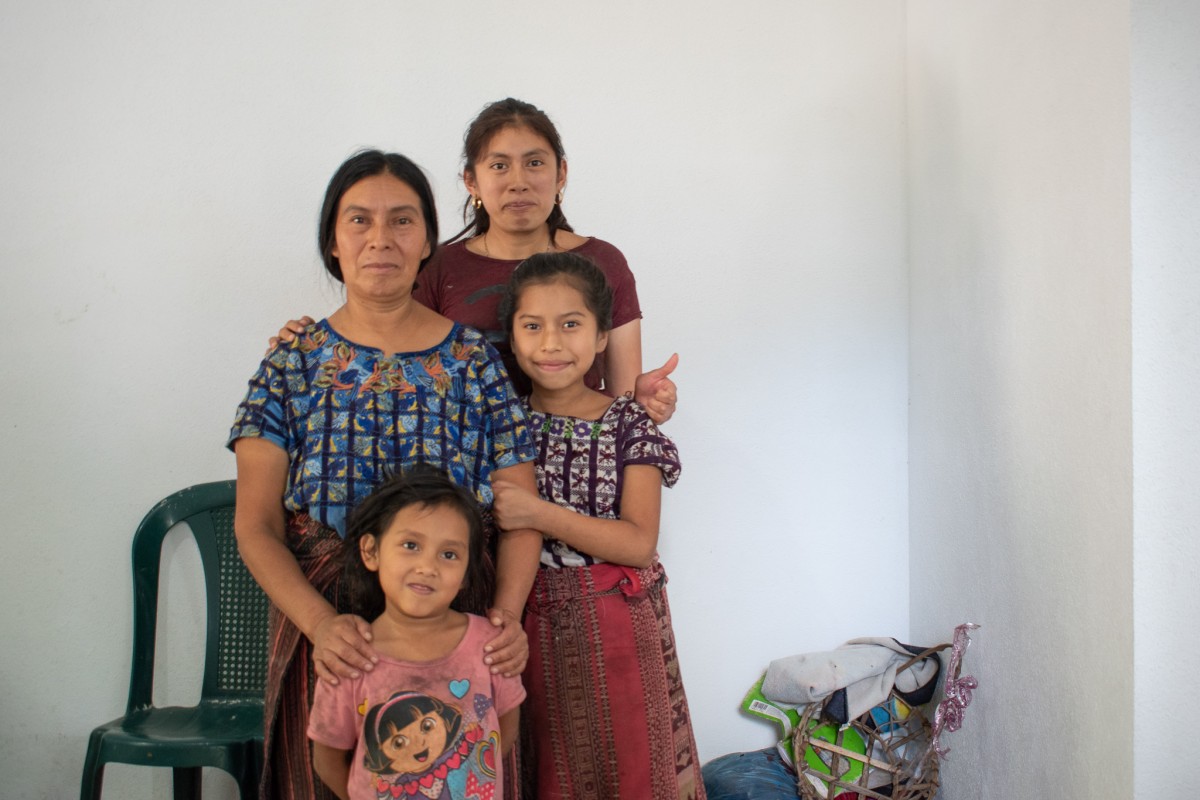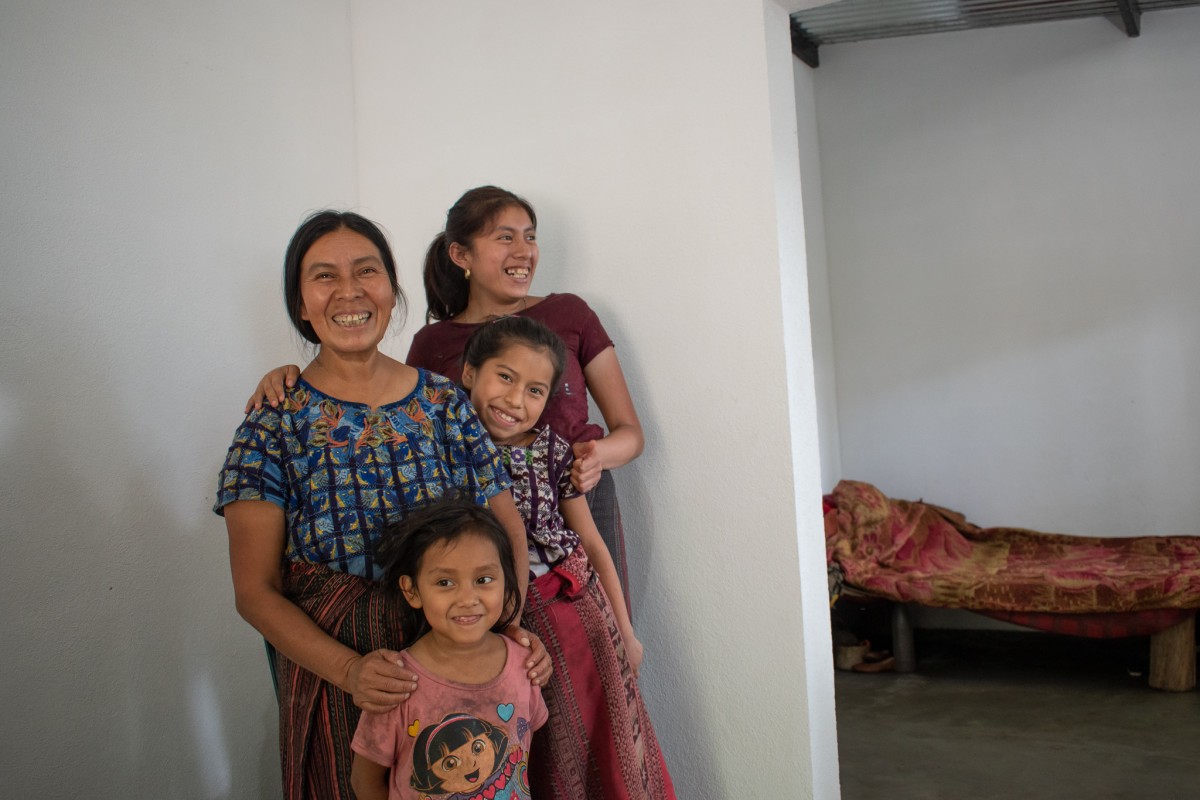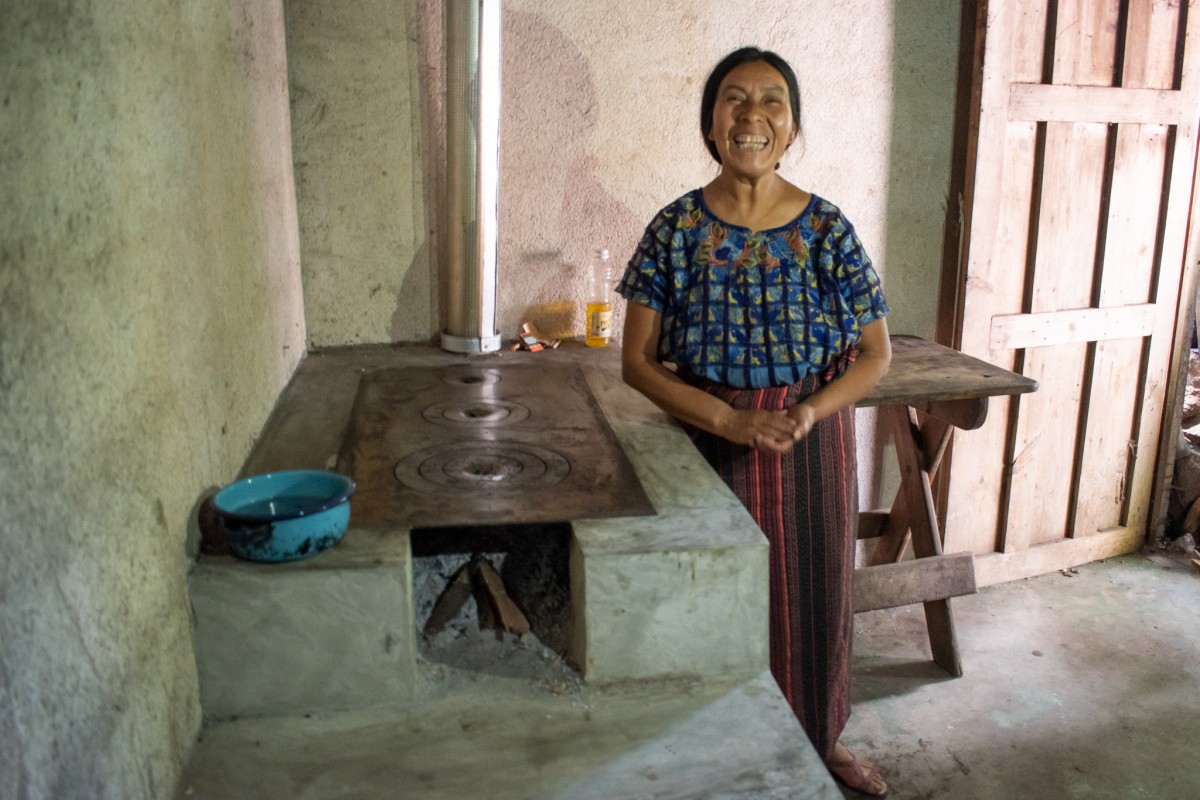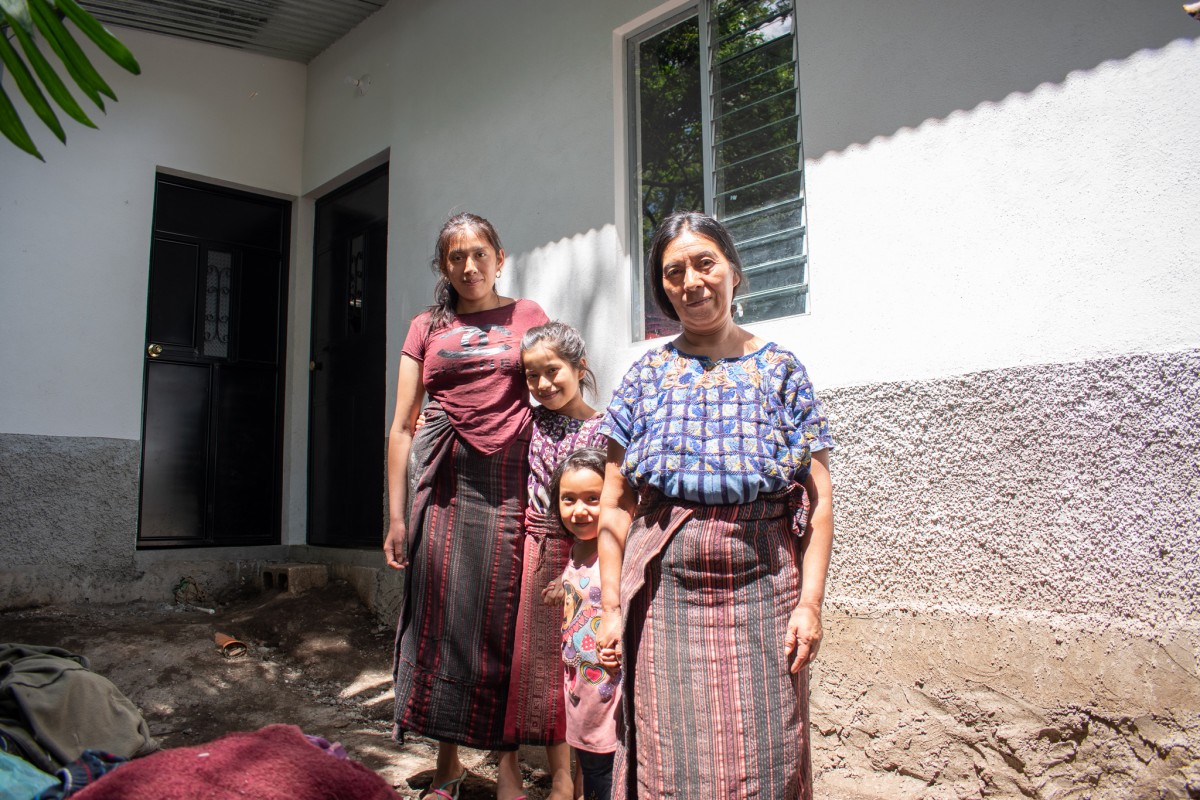Salud, Saneamiento y Agua Potable
María vive con su hijo Federico y su hermana Delfina, en la comunidad de Pacaman, Santa Catarina Palopó, Sololá. Tanto María como 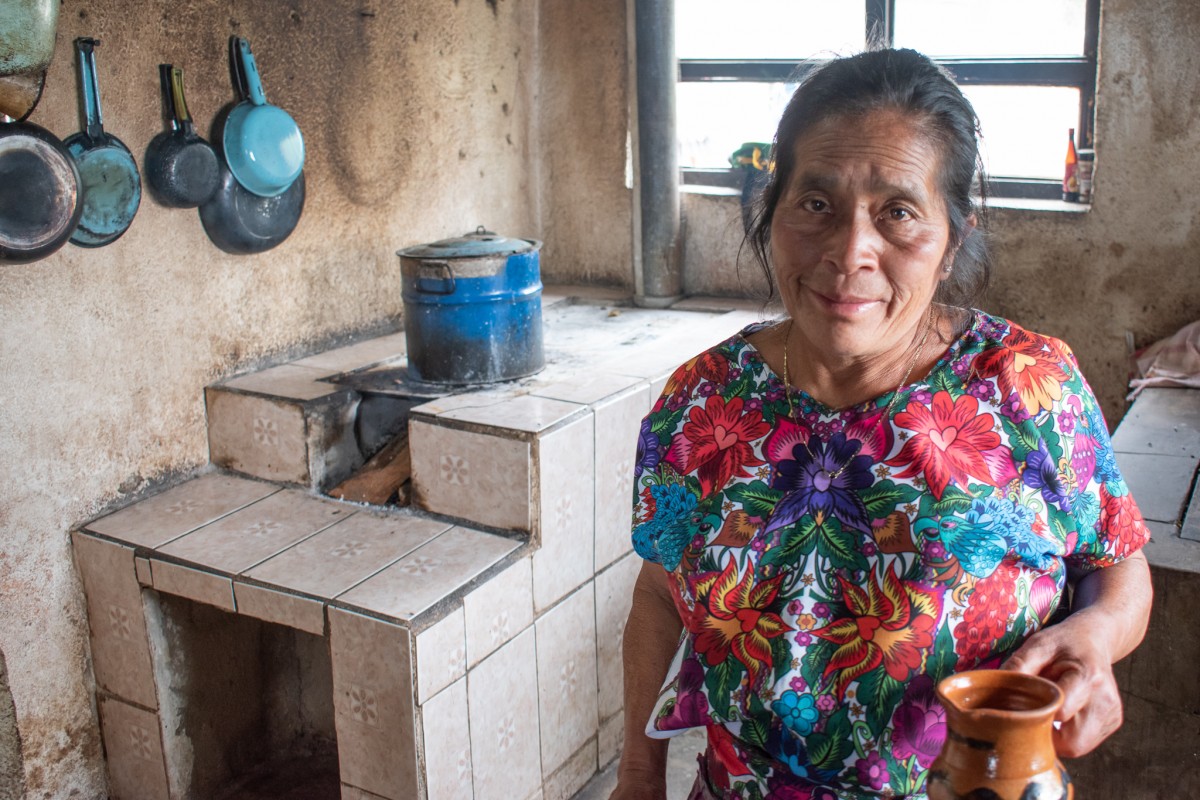 Delfina se dedican a tejer ropa típica para vender en los mercados cercanos.
Delfina se dedican a tejer ropa típica para vender en los mercados cercanos.
Como parte del Kit de Hogar Saludable, las familias reciben una Estufa Mejorada, una Letrina y un Filtro Purificador para Agua, lo que les ayuda a mejorar su salud brindándoles acceso a saneamiento, agua potable y un ambiente libre de humo.
“Solía cocinar a fuego abierto, el humo era lo peor, porque me lloraban los ojos y me causó enfermedades respiratorias”. “Ahora, el humo sale de nuestra cocina y ya no consumimos mucha leña. Me siento feliz con mi estufa».
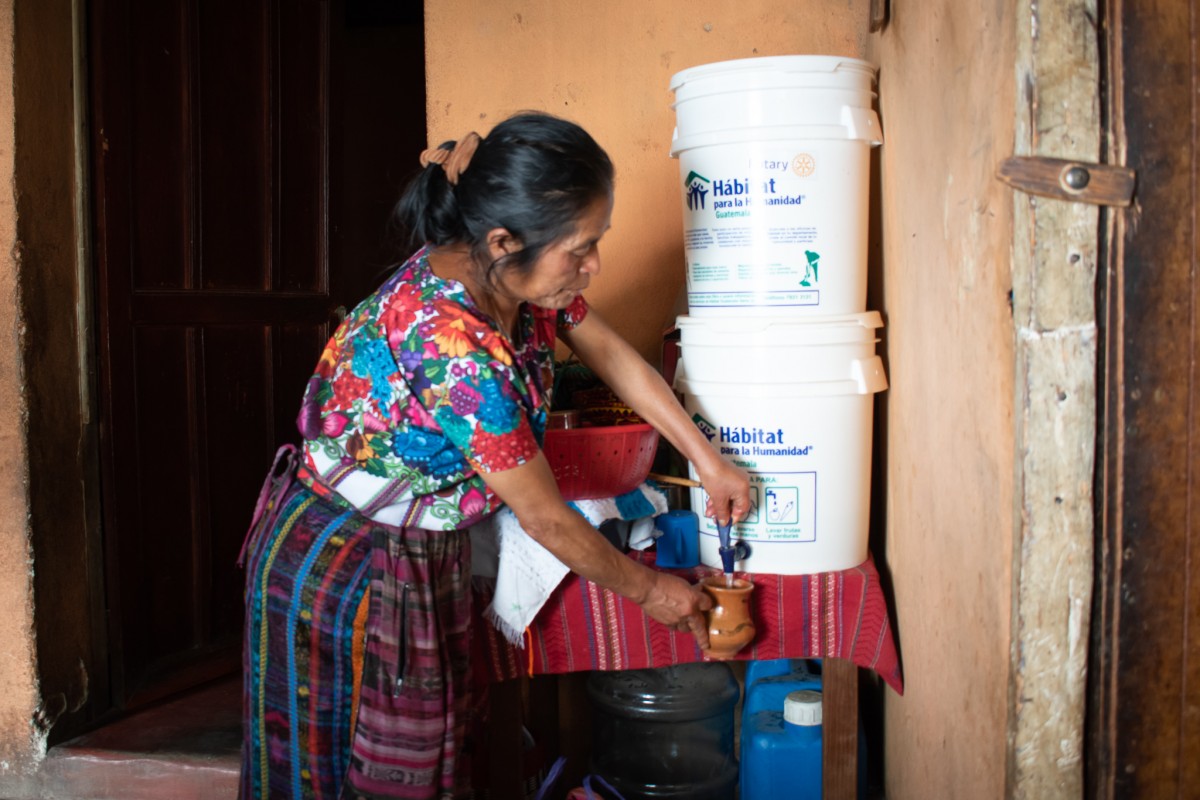 Antes de recibir su nueva letrina, explica que tenían una en malas condiciones. «Ahora, nos sentimos mejor con esta, es cómoda». La familia también ha sentido una diferencia con su Filtro Purificador para Agua. Antes tenían que hervir el agua, y en ocasiones la bebían directamente de los chorros, lo cual les provocaba enfermedades con frecuencia. Ahora, es más fácil y seguro beber agua del Filtro. “¡Ahora bebemos del filtro y tiene un mejor sabor! Efraín puede venir a beber agua fresca, cuando quiera, nos ha ayudado mucho este Purificador para Agua”, dice María.
Antes de recibir su nueva letrina, explica que tenían una en malas condiciones. «Ahora, nos sentimos mejor con esta, es cómoda». La familia también ha sentido una diferencia con su Filtro Purificador para Agua. Antes tenían que hervir el agua, y en ocasiones la bebían directamente de los chorros, lo cual les provocaba enfermedades con frecuencia. Ahora, es más fácil y seguro beber agua del Filtro. “¡Ahora bebemos del filtro y tiene un mejor sabor! Efraín puede venir a beber agua fresca, cuando quiera, nos ha ayudado mucho este Purificador para Agua”, dice María.
También sobre los voluntarios nos cuenta: “Me sorprendió mucho ver lo duro que trabajaron para construir mis productos, fueron muy trabajadores y buenas personas”, continúa, “Estoy muy agradecida con todos ellos, vinieron a echarme una mano cuando más lo necesitaba. Que Dios los bendiga».
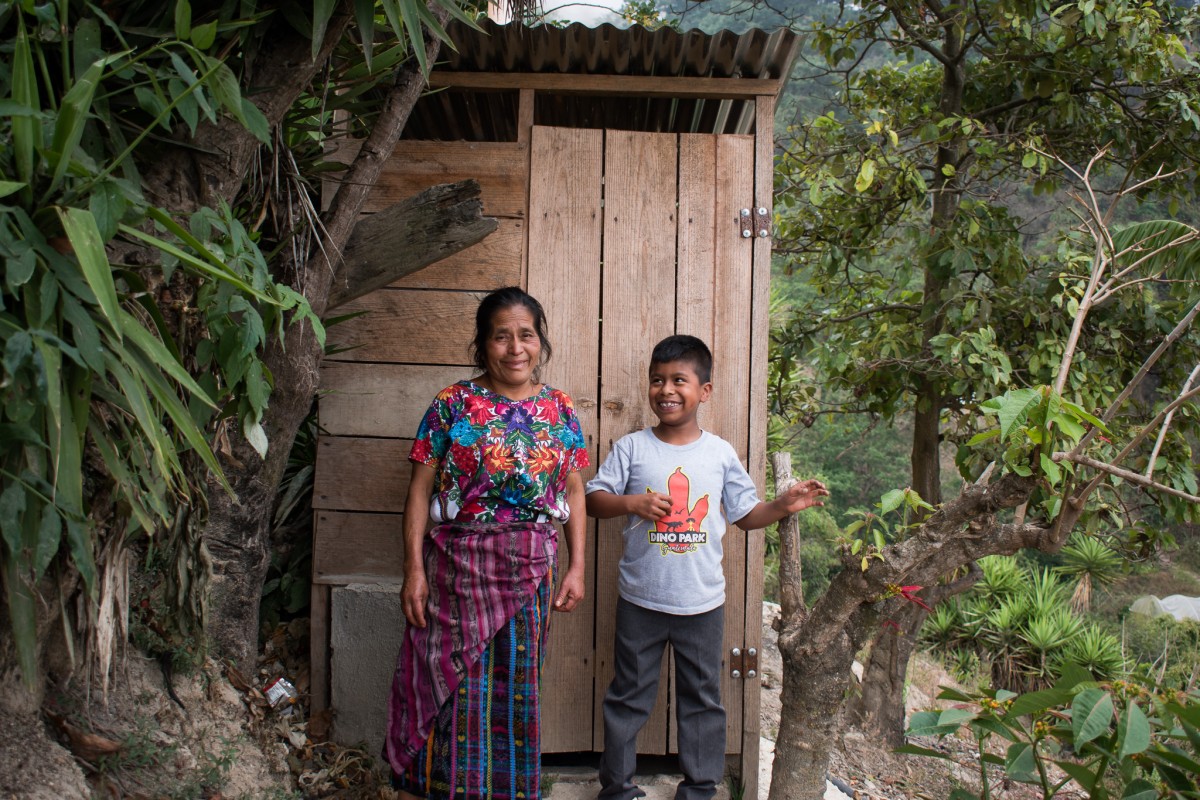

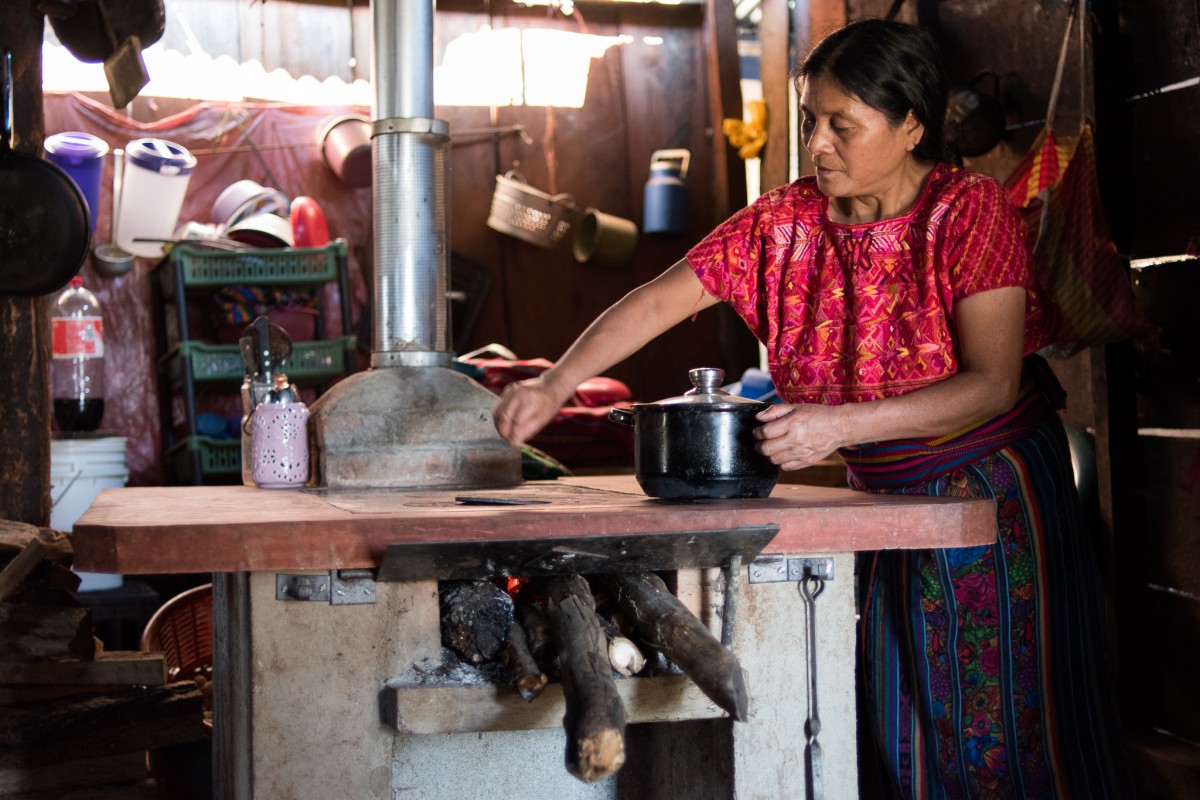
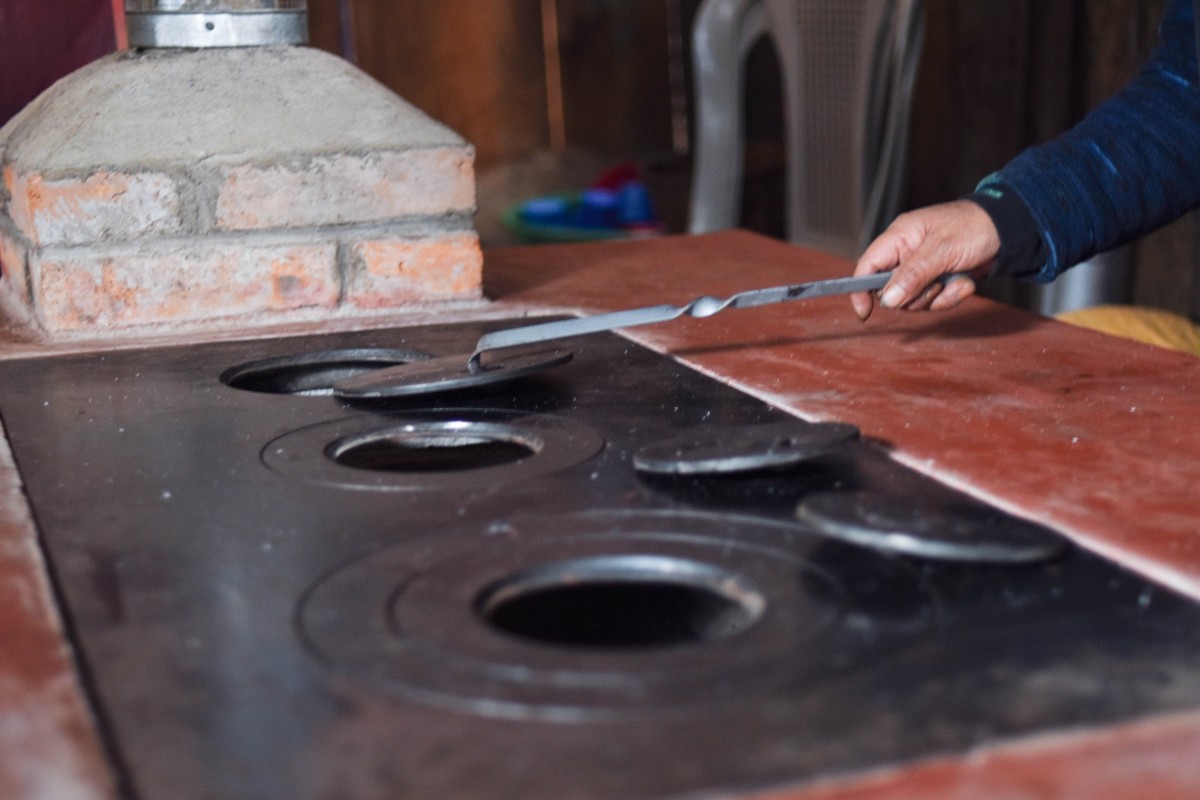
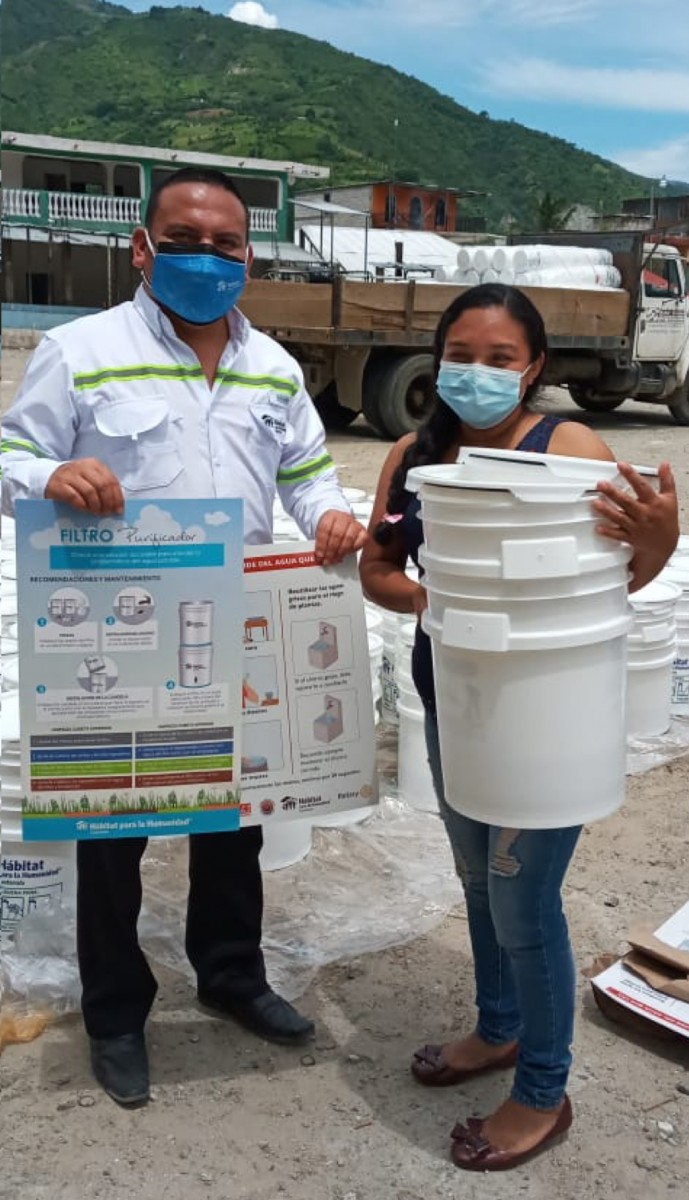 En julio, las tres organizaciones unimos esfuerzos para llevar 455 purificadores de agua a hogares que lo necesitaban en las comunidades de Chepito y Caníbal del municipio de Cuilco, y Arroyo Grande en la Democracia, Huehuetenango. Las familias ahora cuentan con un Filtro Purificador para Agua el cual les permite almacenar agua adecuadamente, purificarla y mejorar la salud e higiene familiar.
En julio, las tres organizaciones unimos esfuerzos para llevar 455 purificadores de agua a hogares que lo necesitaban en las comunidades de Chepito y Caníbal del municipio de Cuilco, y Arroyo Grande en la Democracia, Huehuetenango. Las familias ahora cuentan con un Filtro Purificador para Agua el cual les permite almacenar agua adecuadamente, purificarla y mejorar la salud e higiene familiar.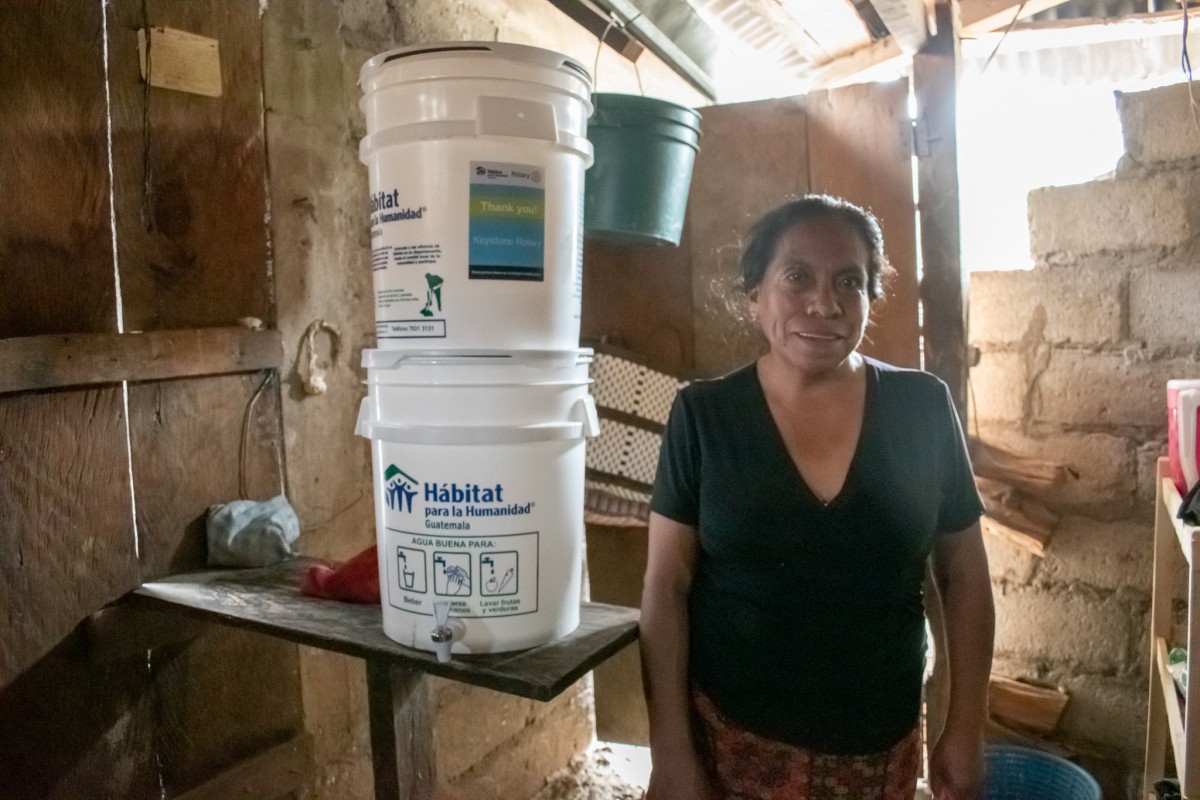
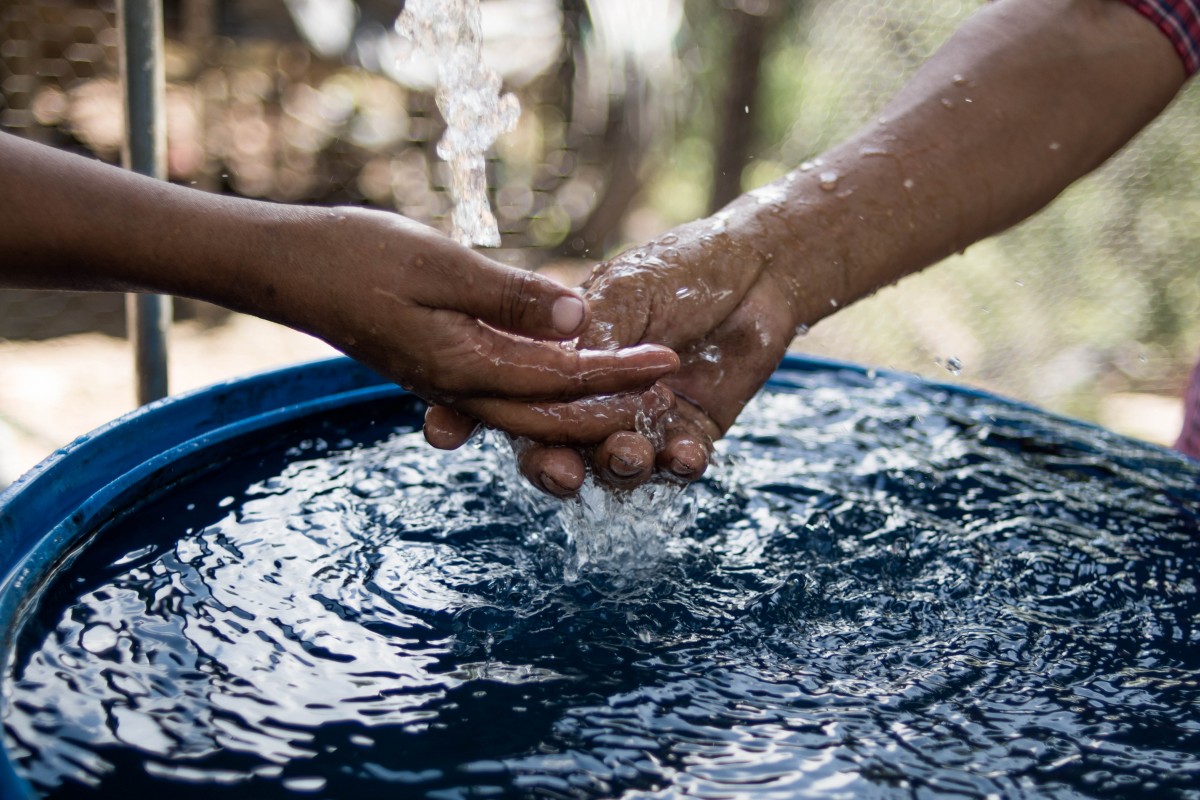
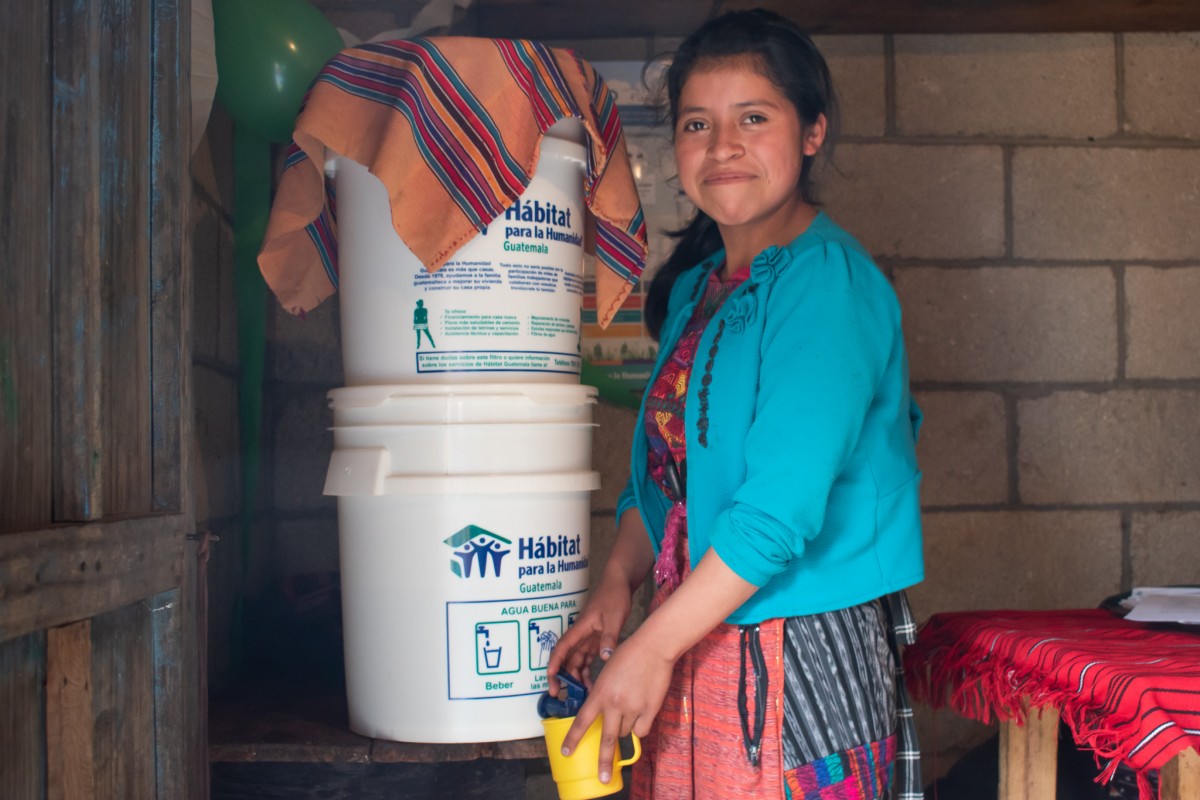
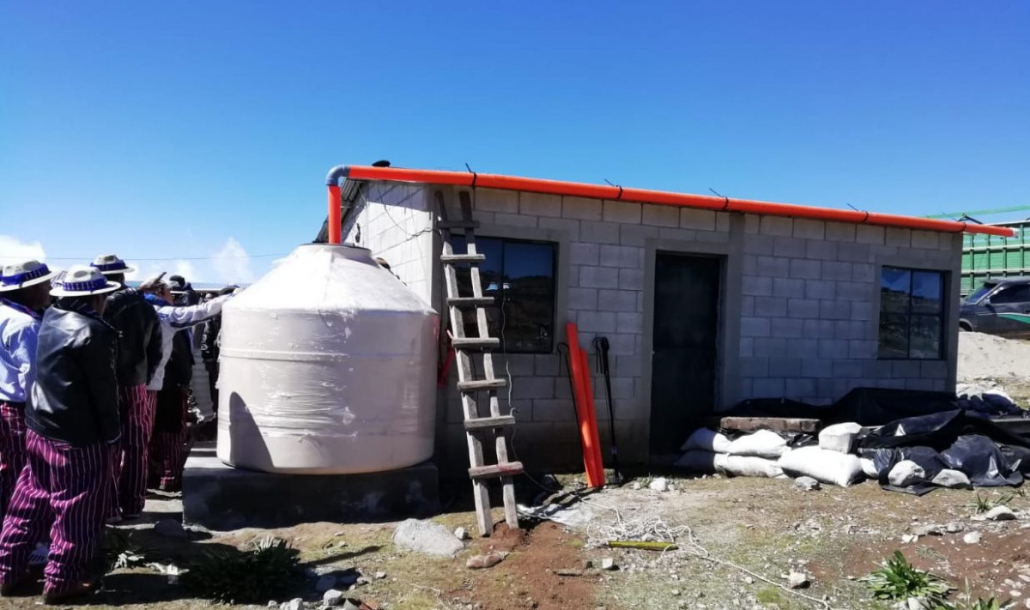
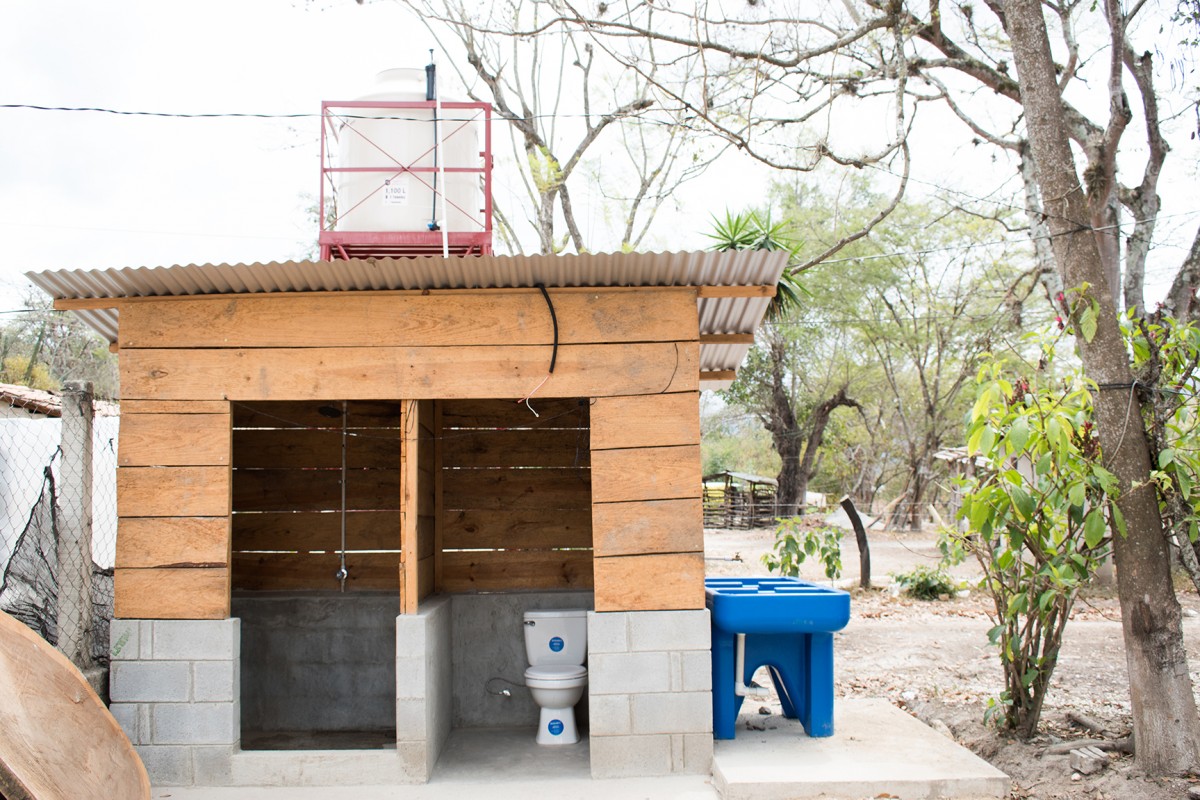
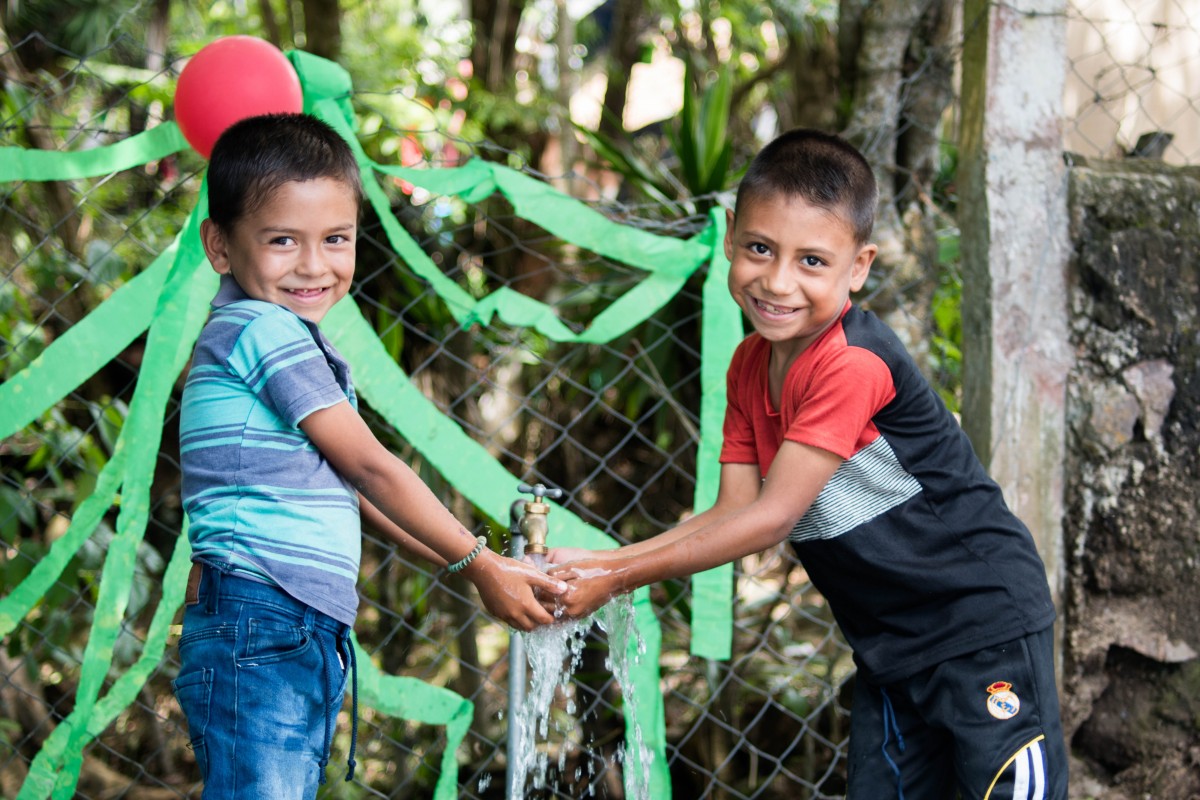
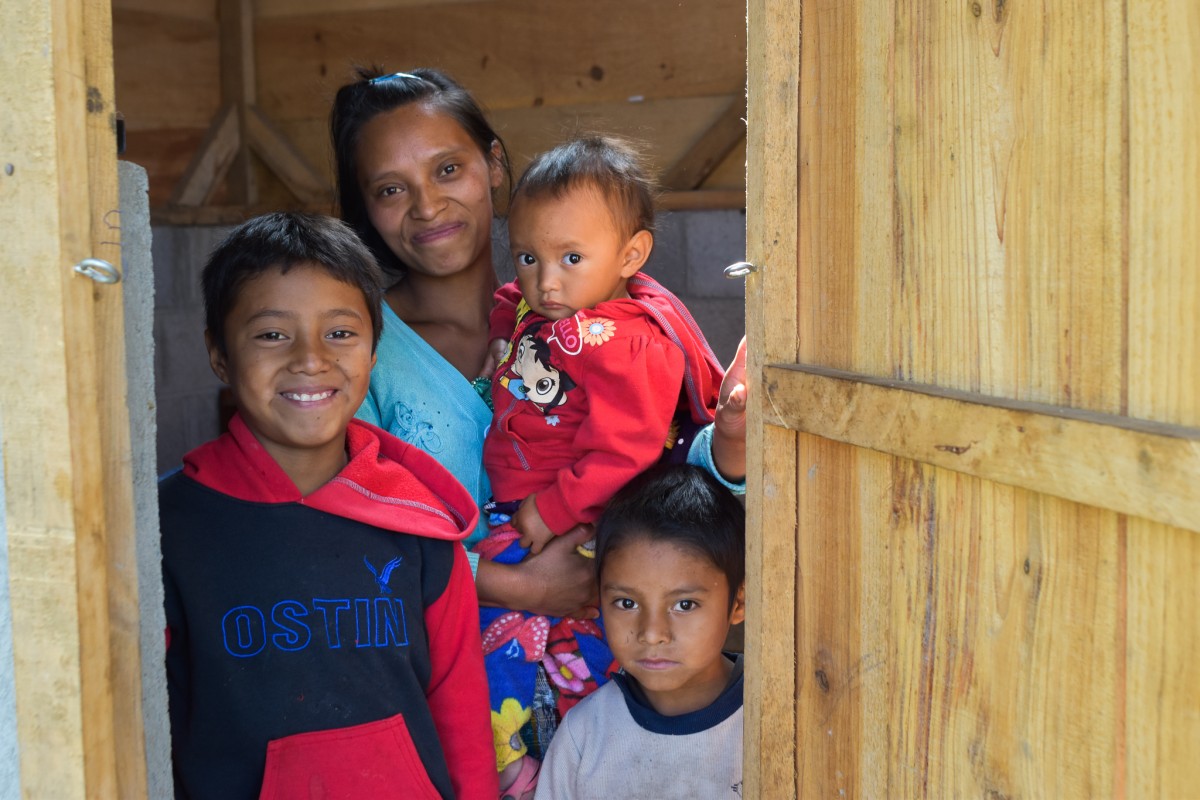
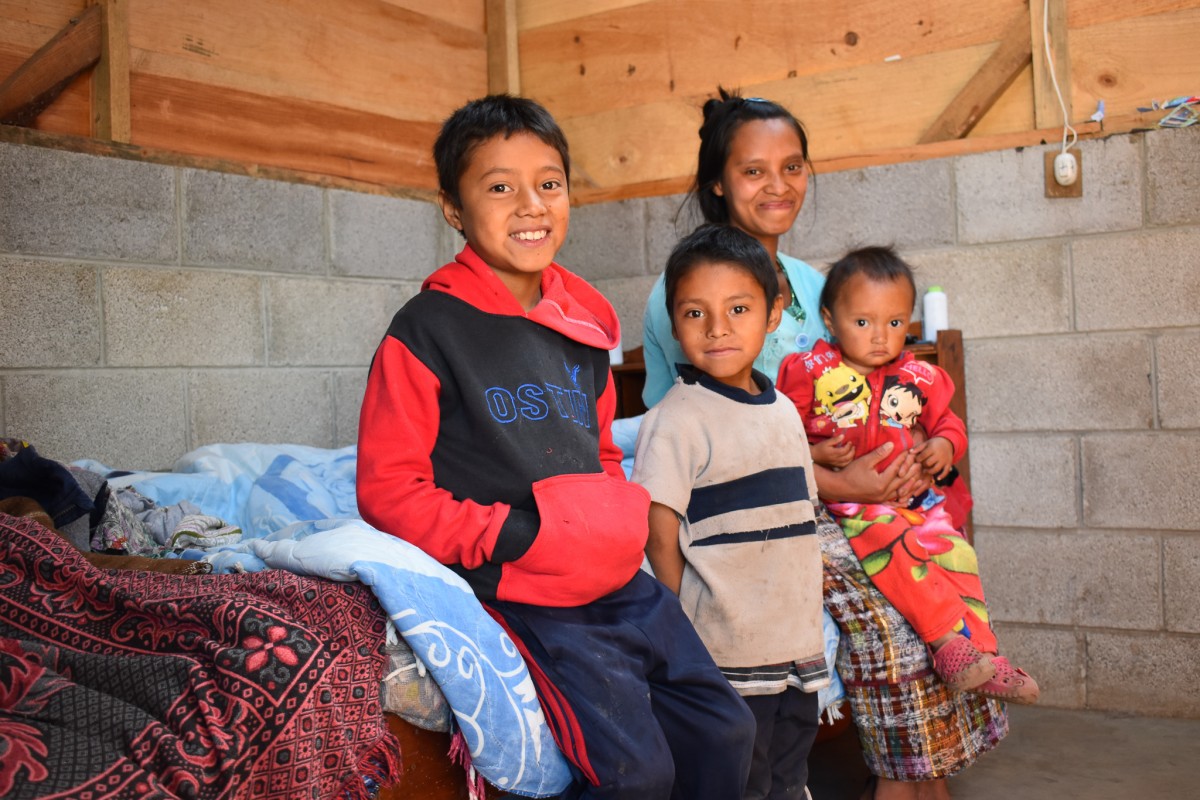
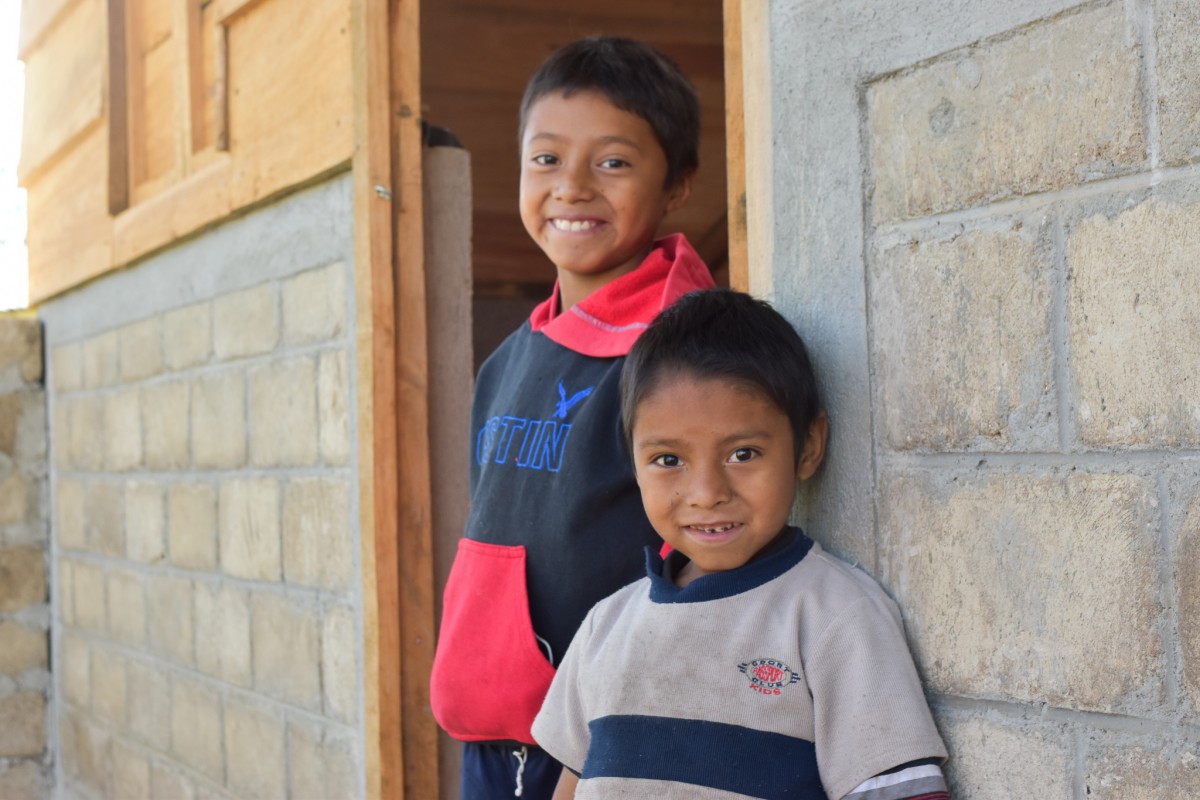
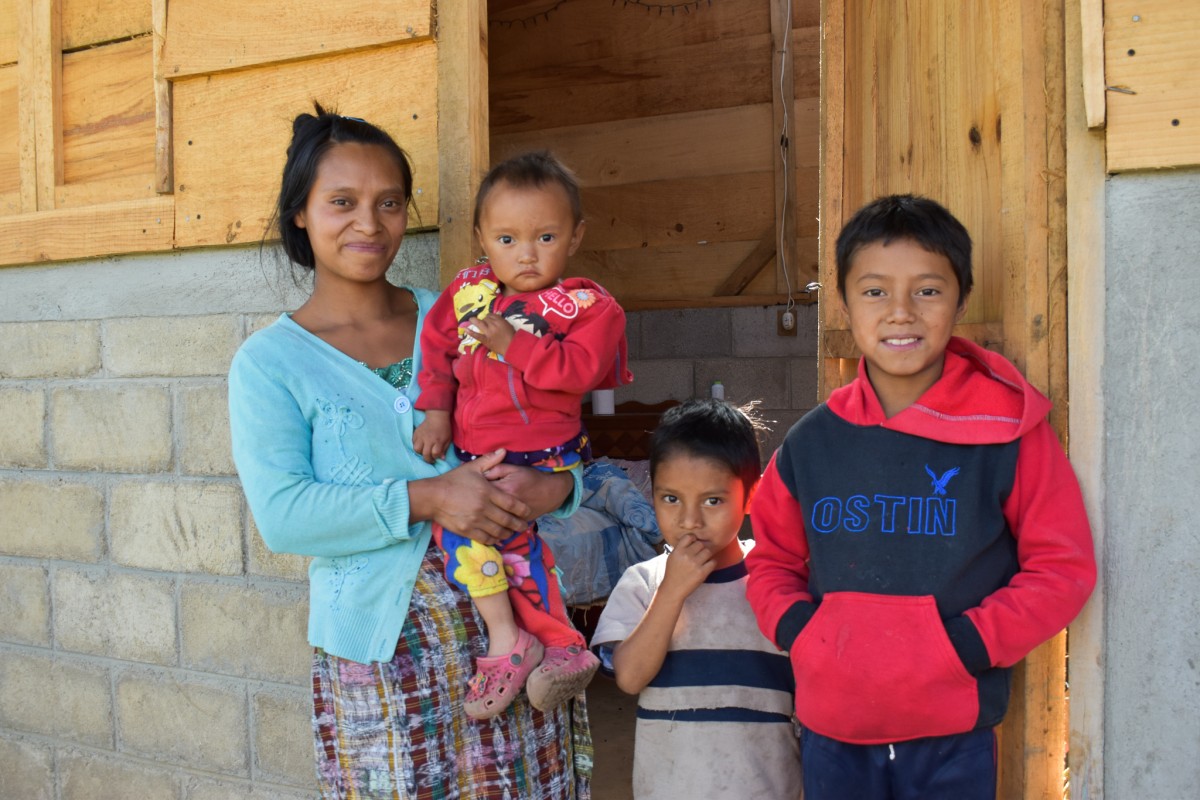
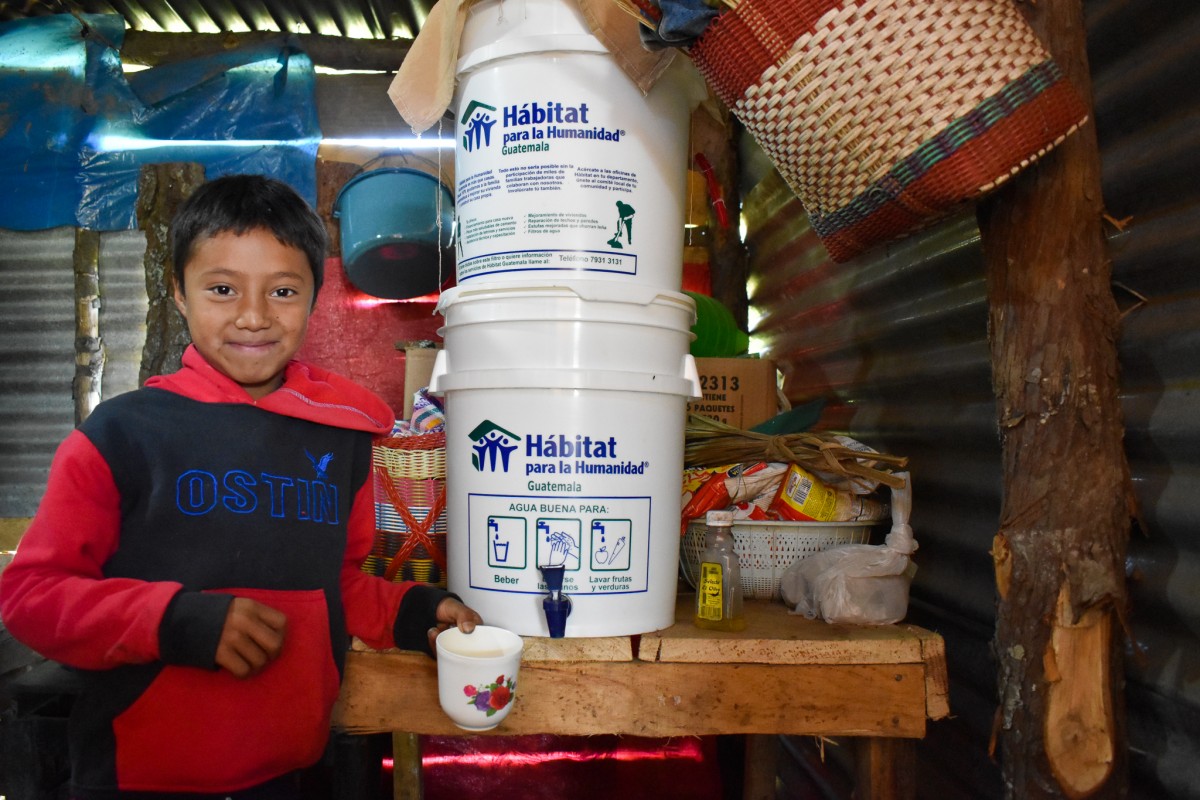
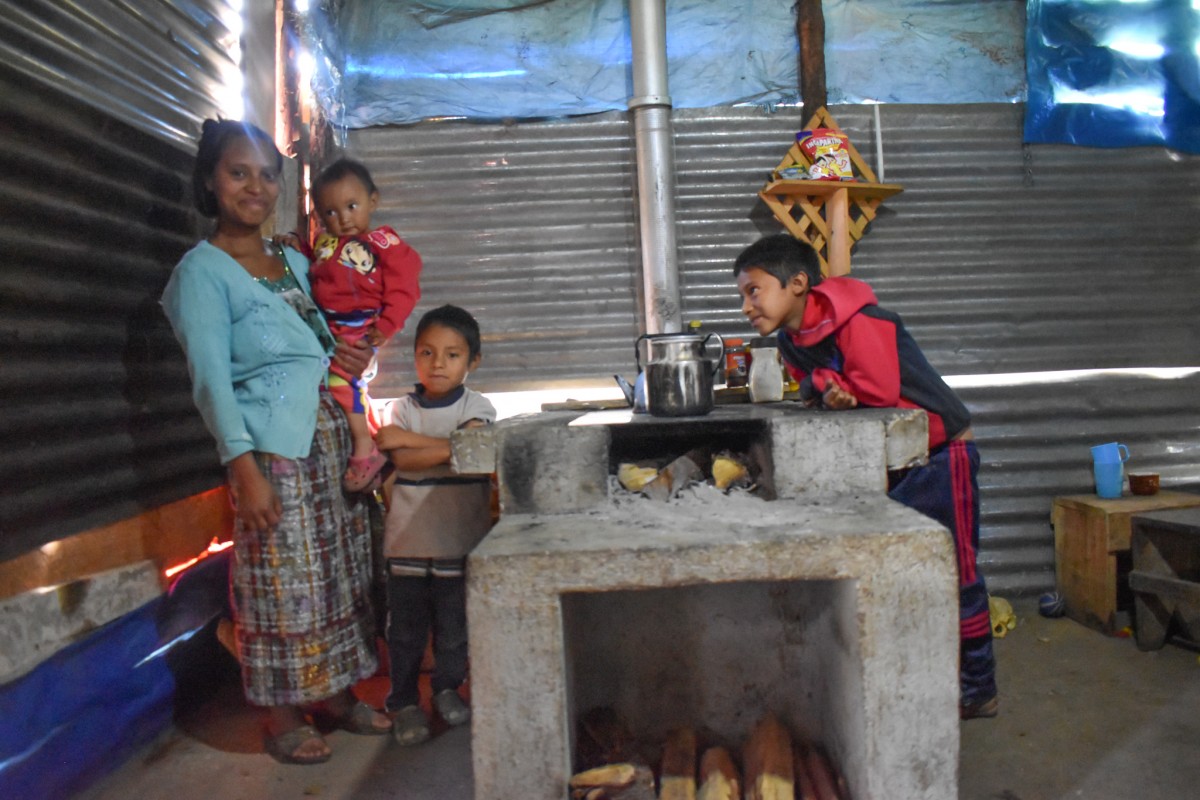 S
S